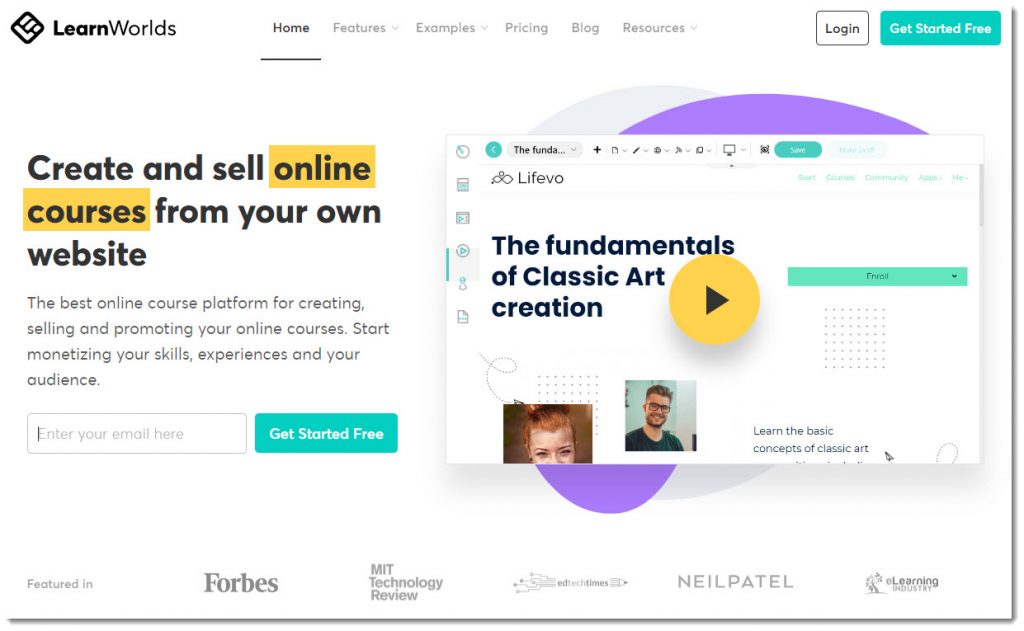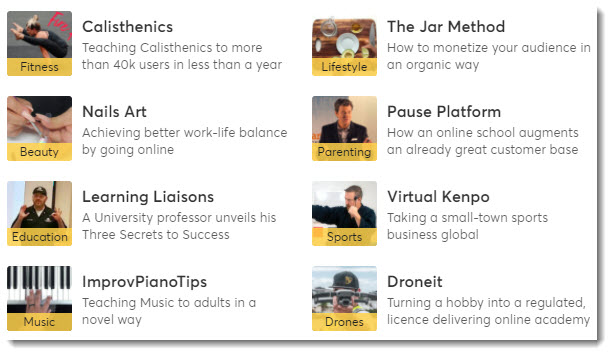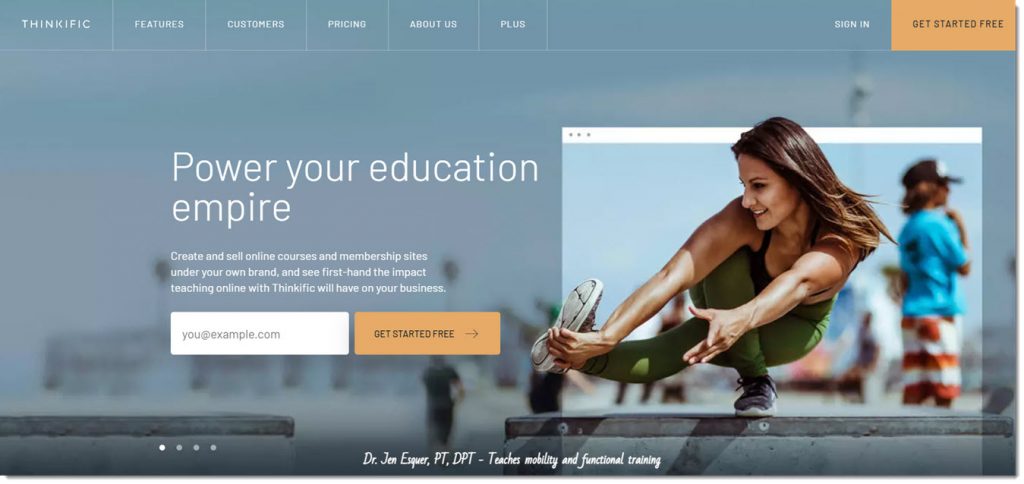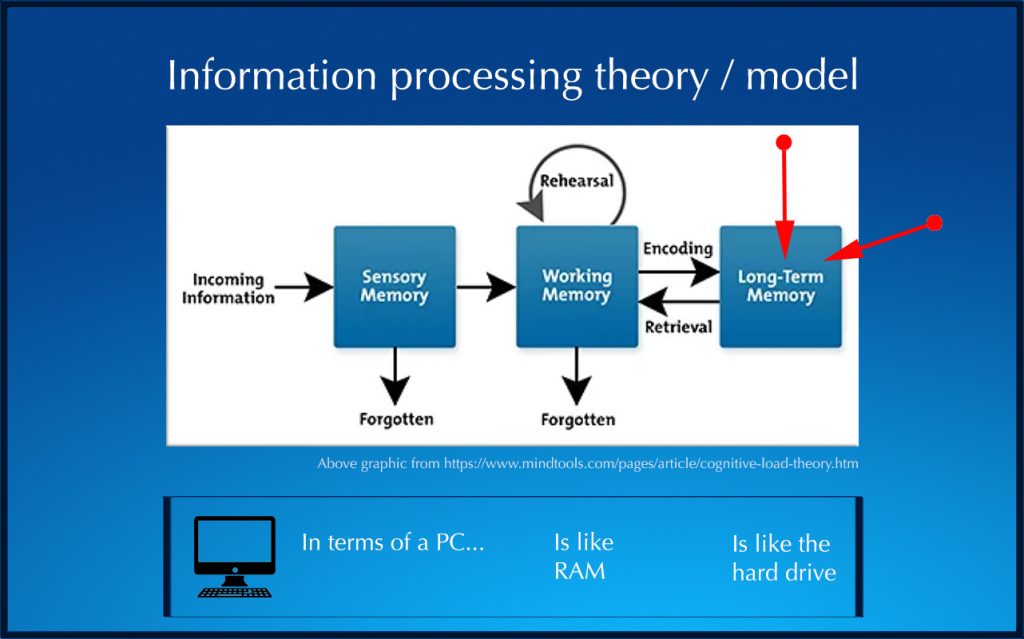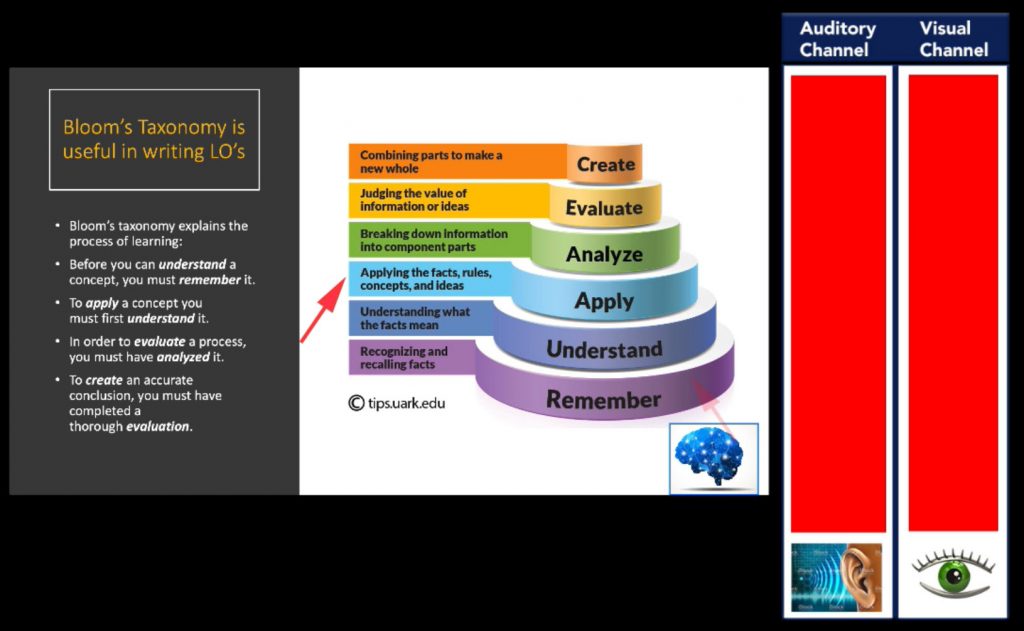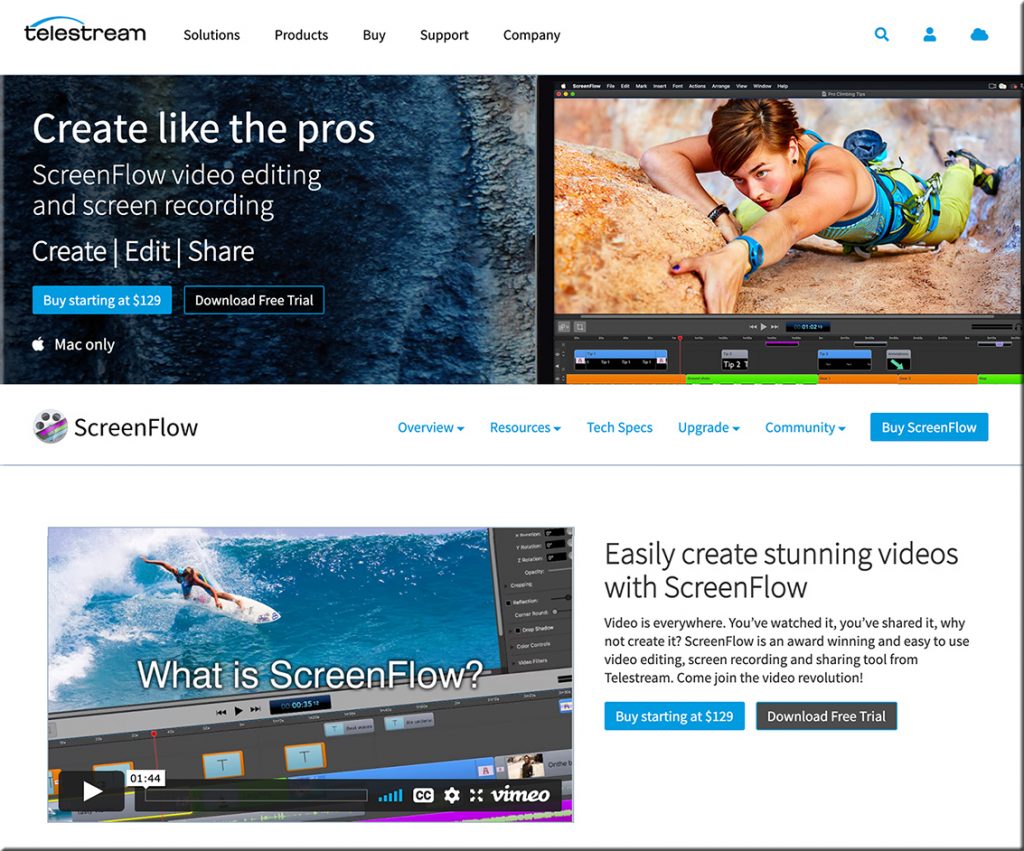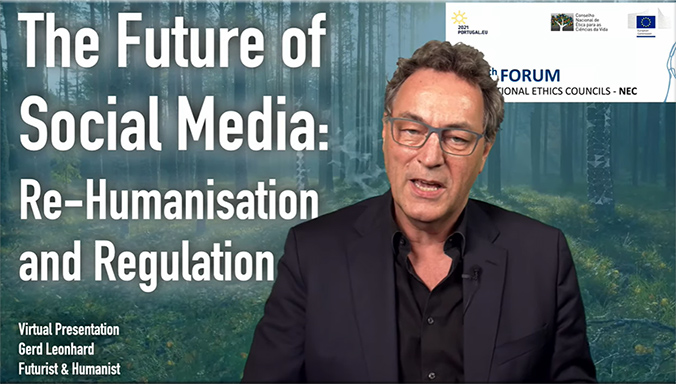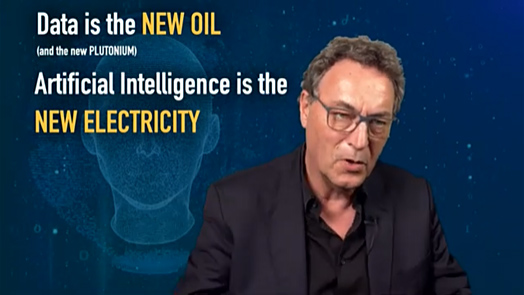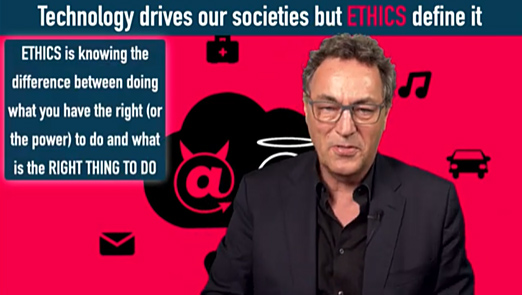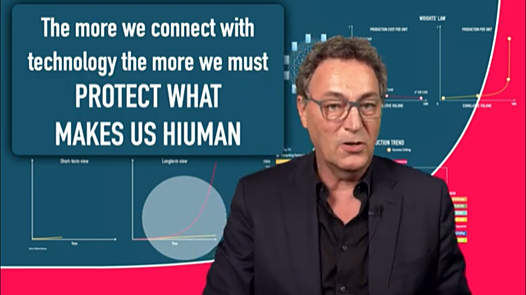2 Chronicles 10 (NIV) — from biblegateway.com (emphasis DSC)
Excerpt:
10 Rehoboam went to Shechem, for all Israel had gone there to make him king. 2 When Jeroboam son of Nebat heard this (he was in Egypt, where he had fled from King Solomon), he returned from Egypt. 3 So they sent for Jeroboam, and he and all Israel went to Rehoboam and said to him: 4 “Your father put a heavy yoke on us, but now lighten the harsh labor and the heavy yoke he put on us, and we will serve you.”
5 Rehoboam answered, “Come back to me in three days.” So the people went away.
6 Then King Rehoboam consulted the elders who had served his father Solomon during his lifetime. “How would you advise me to answer these people?” he asked.
7 They replied, “If you will be kind to these people and please them and give them a favorable answer, they will always be your servants.”
8 But Rehoboam rejected the advice the elders gave him and consulted the young men who had grown up with him and were serving him. 9 He asked them, “What is your advice? How should we answer these people who say to me, ‘Lighten the yoke your father put on us’?”
10 The young men who had grown up with him replied, “The people have said to you, ‘Your father put a heavy yoke on us, but make our yoke lighter.’ Now tell them, ‘My little finger is thicker than my father’s waist. 11 My father laid on you a heavy yoke; I will make it even heavier. My father scourged you with whips; I will scourge you with scorpions.’”
12 Three days later Jeroboam and all the people returned to Rehoboam, as the king had said, “Come back to me in three days.” 13 The king answered them harshly. Rejecting the advice of the elders, 14 he followed the advice of the young men and said, “My father made your yoke heavy; I will make it even heavier. My father scourged you with whips; I will scourge you with scorpions.”
From DSC:
The new, younger king didn’t listen to the older, more experienced people (i.e., the elders) who had worked with King Solomon (a king who reigned over a united Israel for 40 years…and a person whom the Bible says was the wisest king of all time). Instead the younger king sought the counsel of his younger peers and went with that advice. This led to Rehoboam’s downfall — at least in terms of keeping a strong, united Israel. He was only a king of a much smaller kingdom due to his decision and actions.
What might the youth of today learn from this? How might entrepreneurs learn from this? What might companies like Google, Facebook, and others learn from this? How might this impact how we go about developing the culture of a company? What’s valued and what’s not valued?
There are probably different lessons one can learn from 2 Chronicles Chapter 10. But here’s one example that comes to my mind…
…just because we can…

…doesn’t mean we should.










